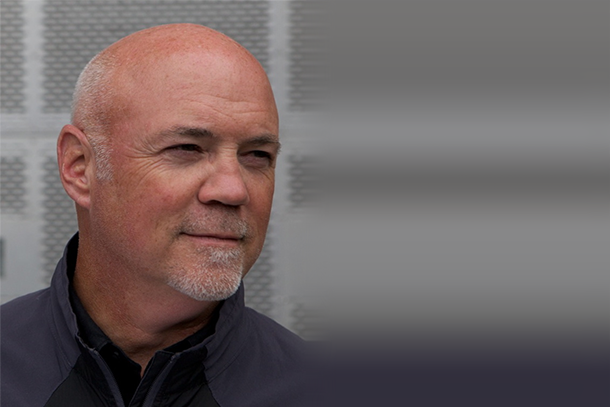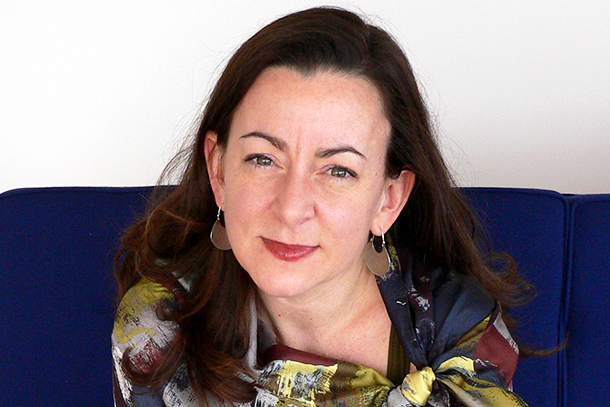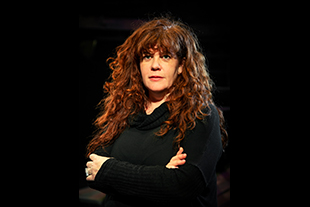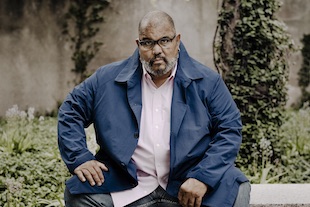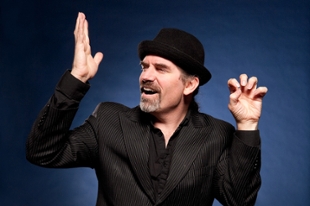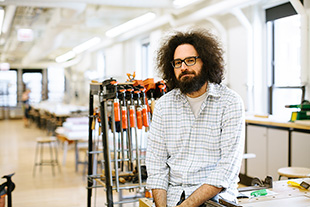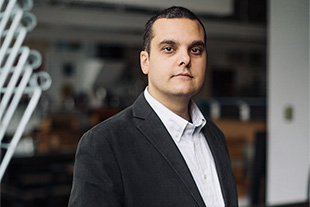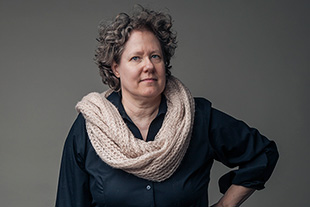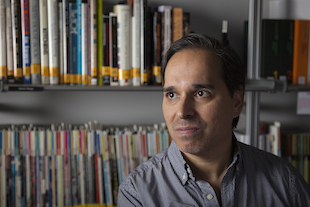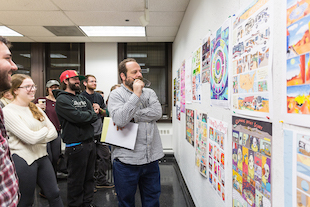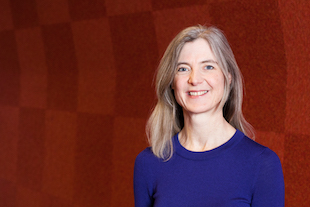David Berner
Communication
David Berner teaches several courses in Columbia’s Radio program and helps students create award-winning audio documentaries. He explains that radio today includes podcasts, mobile media, streaming, and internet stations.
David Berner is an award-winning journalist, broadcaster, author, and associate professor at Columbia College Chicago. He has more than 40 years of experience in broadcast journalism as a reporter, anchor, news director, talk show host, and program director. He regularly contributes to the CBS Radio Network and has contributed to public radio shows, including NPR’s Weekend Edition. His latest audio documentary, BRACELETS OF GRACE, aired on a number of public radio stations around the country. Here, David explains radio today is the umbrella medium that includes a growing number of media platforms like podcasts, mobile media, streaming, and internet stations.
What makes podcasts, mobile media, and internet stations part of the radio industry?
These media platforms are all about audio content and delivery. As a media profession, radio is not just technology and microphone use. Content development is an important part of radio work. Today, radio means audio content reaching listeners through many delivery systems. Podcasts, mobile media, streaming, and internet stations all come under the umbrella of radio.
Developing audio content requires the same skills no matter which media platform. We teach you, as a Radio major, how to create the right kind of content for a given audience and subject. Delivery systems will change. Radio professionals require skills that will work on current and future delivery systems.
How is audio content different from other media content?
At its core, radio is storytelling, though more intimate, conversational, and improvisational than cinema, television, or creative writing. Learning to write, talk, and connect intimately is a skill. The skilled audio storyteller writes for the ear and must deliver compelling audio content in a visual world.
Why would someone choose to work in radio?
We are a society of people who want to tell their stories. Radio is a way to tell stories about the human condition with a compelling voice. If you have curiosity about people and subjects, developing content for radio can feed your natural curiosity and provide you with a satisfying creative profession.
In the Radio program, we help you open your mind, explore your voice and find your place within the industry. Radio opportunities include talk show host, sports, news, specialty subjects, podcasting, documentary making, behind-the-scenes work as a producer or can be a natural transition into media professions outside of radio, like fiction writing or television sports broadcasting, just to name a couple. We even have students taking classes on how to be a DJ or producer.
Radio storytelling skills can carry you into many different directions. Some of our radio majors landed positions in television news, at Disney and Harpo Studios. Plus, we have a very active voiceover component and voiceover minor in the program with some of the best instructors in the industry.
What attracted you to radio?
When I started in radio, the relevance of the music at the time is what initially attracted me. I soon realized the broader view that curiosity of the world in general is what got me into it and continues to stimulate my interest.
What advice would you give someone who is interested in radio as a profession?
Feed your natural curiosity. Being knowledge-based and curious is an important part of being an audio storyteller, and that includes everything from beat producing, to voiceover work, to NPR-style storytelling, to hosting a music show. The bigger the bucket of knowledge, the better improvisational storyteller you become. As a starting point, recognize your voice. Tell your story. We can show you many ways to do so in the Radio program here at Columbia.
